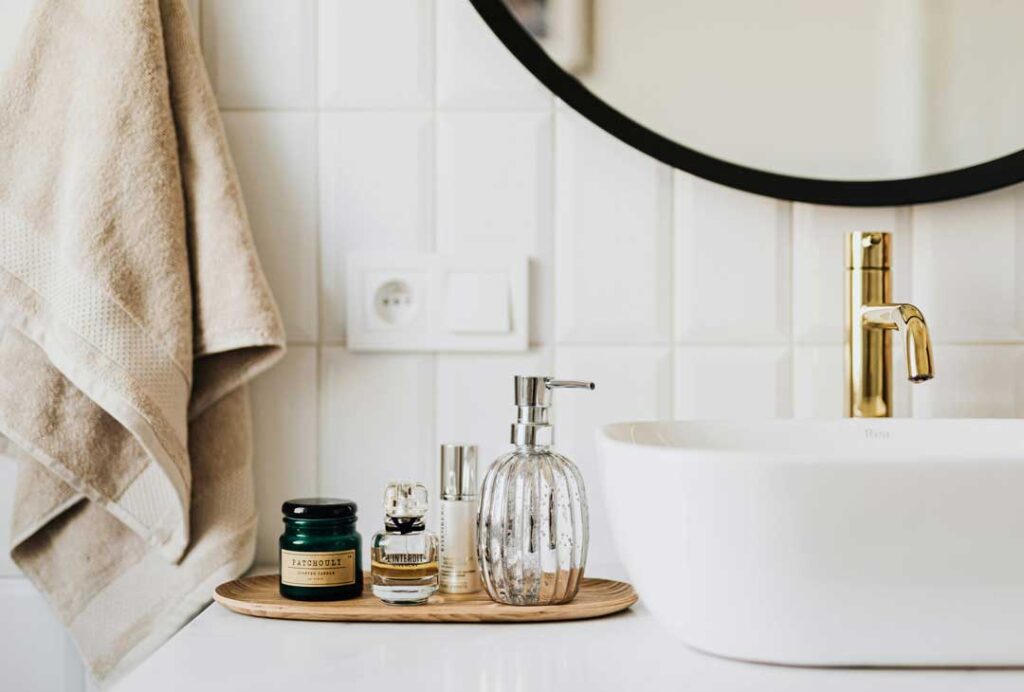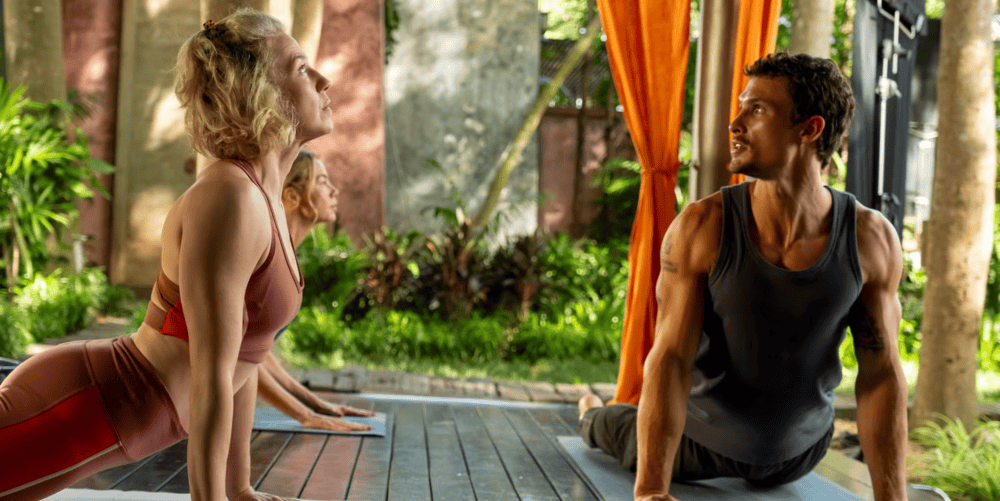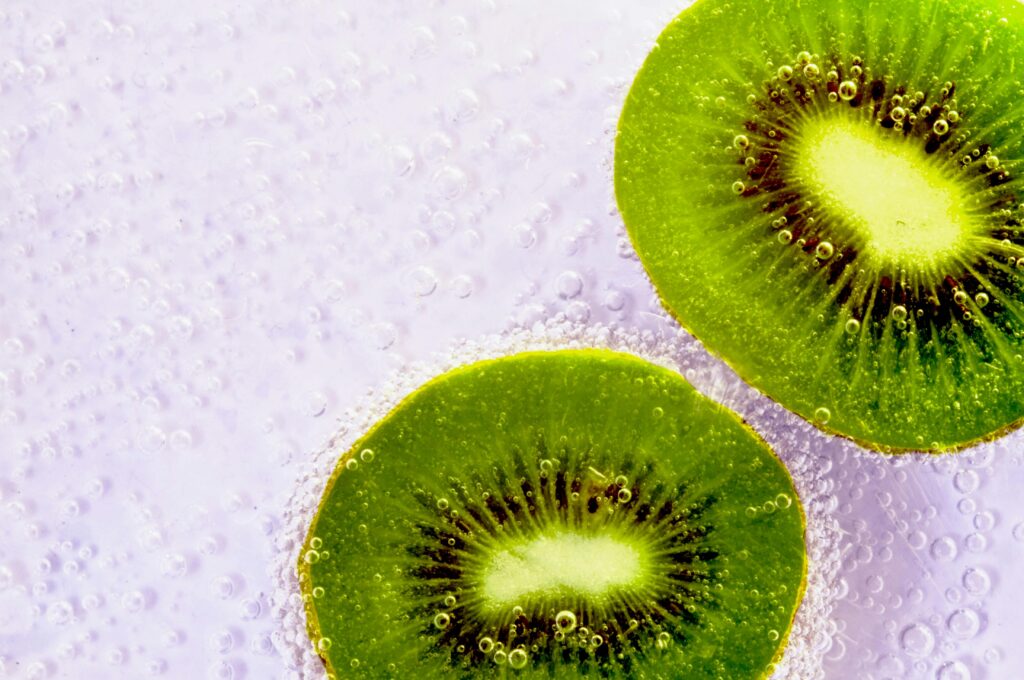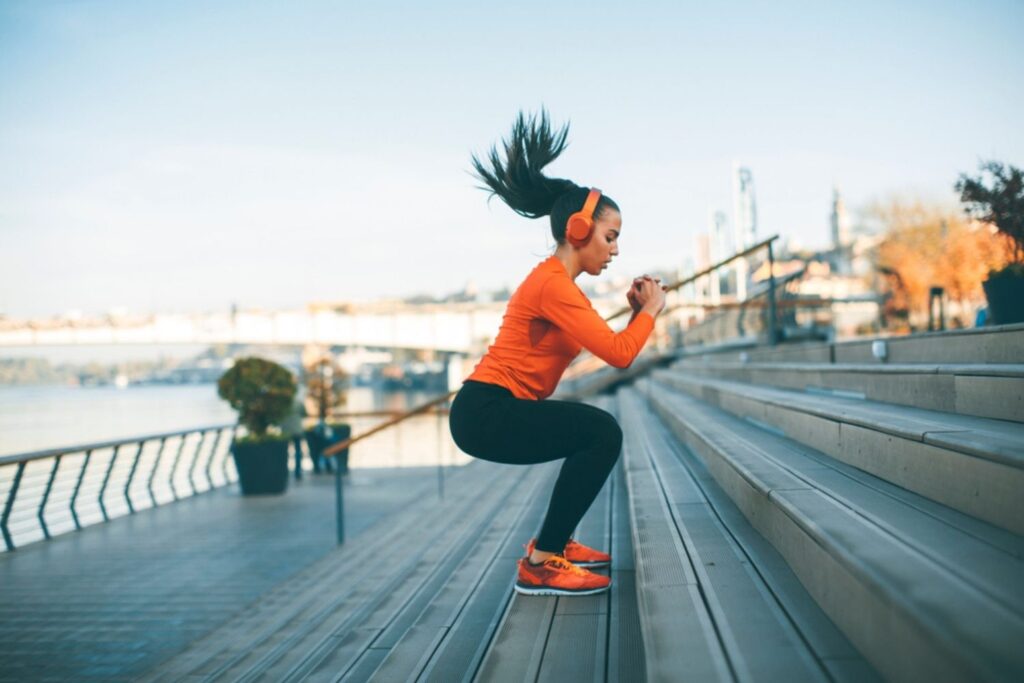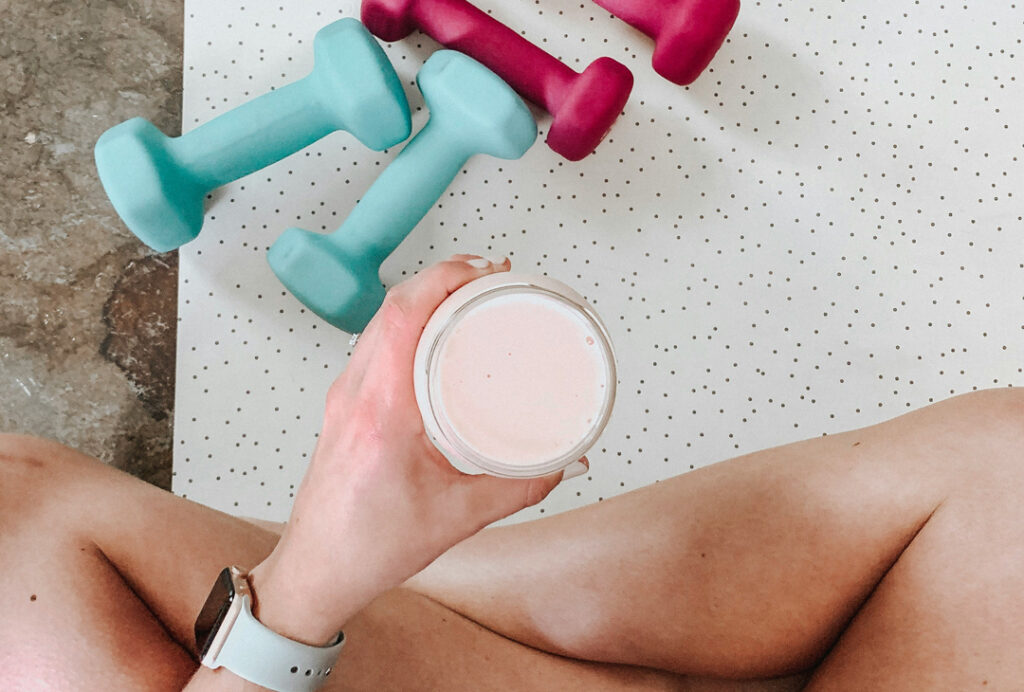Women have been made to feel ashamed of their normal anatomy and physiology for an eternity. One in six women surveyed in 2024 said they felt body shame, specifically around their labia. In fact, labia surgery has become one of the fastest growing cosmetic surgeries among young people in Australia and worldwide.
Social media has, in many ways, reduced a lot of the stigma and shame around women’s bodies by opening a dialogue around important female sexual health and fertility issues. But sadly the discourse online around vaginal health requires further examination and fact checking.
Misinformation on social media around vaginal health
With the good comes the bad, and unfortunately social media can be used as a platform to spread misinformation. In this case, it’s around vulvovaginal health by wellness influencers. We specifically see this around vaginal health and aesthetic products. For example, the latest fad doing the rounds on social media is a honey product to insert vaginally with a syringe, to reportedly increase arousal.

Pexels
Health and wellness influencers are also promoting practices such as herb-infused vaginal steaming, intravaginal washing and an array of products such as feminine deodorant sprays, douches, wipes, herbal suppositories and crystal-infused vaginal oils, which claim to do various things like cleanse the vagina and uterus, regulate menstruation, balance pH and neutralise and eliminate odour.
An expert weighs in on Kourtney Kardashian’s vaginal gummies
Not only are these practices and products completely unnecessary (a vagina is supposed to smell like a vagina, not a fruit salad), they can also cause serious harm.
The vaginal ecosystem
Vaginal skin is made up of a sensitive mucous membrane that can be easily damaged. Additionally, the vagina is home to a very delicately balanced ecosystem of bacteria, called ‘normal flora’. With these two elements in mind, it’s easy to see why the vagina is an intricate part of our anatomy that’s not to be tipped out of balance. When this balance is disrupted, there is a risk of irritation, infection and even pelvic inflammatory disease which can impact female fertility.
When should I worry about discharge?
Some vaginal discharge is normal and healthy, and changes throughout the menstrual cycle with hormonal fluctuations. These secretions are how the vaginally self-cleans. All you need to do is simply wash your vulva (external area) with water and a mild soap
When it comes to keeping your vagina healthy– less is always more!
What to do if something just isn’t right down there?
If you have symptoms like irritation, pain, or an increase in the volume or odour of your discharge, please don’t feel embarrassed to talk to your GP.
Vulvovaginitis, or inflammation of the vulva and vagina, is a very common condition and most women are affected at least once in their lifetime
Seeing your GP for an examination and swabs will make sure the cause of your symptoms is identified and you can get started on the right treatment plan.
The latest news in bacterial vaginosis
Bacterial vaginosis (BV), which until recently was thought to be an imbalance in the vaginal microbiome, has now been identified as an STI which means treating your sexual partner, even if they have no symptoms, may reduce recurrence rates. The most common symptom of BV in women is a watery discharge with a fishy odour.
Non-infectious causes for vaginal discharge include normal physiological hormonal fluctuations, polyps on your cervix, allergic reactions, retained foreign bodies (like a forgotten tampon) and rarely, cancer.
What about thrush?
A yeast infection is more likely if you’re pregnant, taking the contraceptive pill, antibiotics or are suffering from stress.
Interestingly, there was a lot of thrush around in lockdown when everyone was WFH and sticking to activewear for large swathes of the day. Remember to change out of Lycra and wet swimmers as soon as possible, and ideally wear cotton or breathable fabrics when working out.
Even though candida is not a sexually transmitted infection, men can get thrush (especially if uncircumcised) and this can occasionally result in the infection being passed back and forth between partners during sex.
For those who love natural remedies, there are some studies that show the effectiveness of unsweetened natural yogurt for treating candida, due to the high content of the good bacteria, lactobacillus, in it. It’s worth noting that we always recommend speaking to a medical professional as opposed to self-treatment at home.
What you should know about vaginal dryness
Another extremely common symptom for women not to feel ashamed about is vaginal dryness.
Dryness can not only cause discomfort and pain during sex but can increase your chances of urinary tract infections.
The most common culprit is lower levels of oestrogen which can occur postpartum whilst breastfeeding and during the perimenopause. Some medications like the pill and anti-depressants can also cause dryness as an unwanted side effect.
This is how your workouts could be ruining your sex life
There are safe treatment options, such as vaginal estrogen, that you can chat with your GP about. And if you’re looking specifically for more lubrication in intercourse, just be mindful that not all products are created equal. As a general rule of thumb oil or silicone-based lubricants are longer lasting and superior to flavoured, scented, glittery and warming options that feature lots of additives, like parabens and glycerin, which can disrupt the microbiome, encourage yeast or cause irritation.
Given the endless array of vulvovaginal hygiene products on the market, it’s not surprising women feel confused and question what is normal.
With improved body literacy we can champion women to advocate for and celebrate their perfectly normal bodies.
Dr Ali Hodgkinson specialises in pregnancy planning, reproductive health, lactation, sleep support and GP services. Based in Sydney, she is passionate about all things women’s health, fertility and child health.







